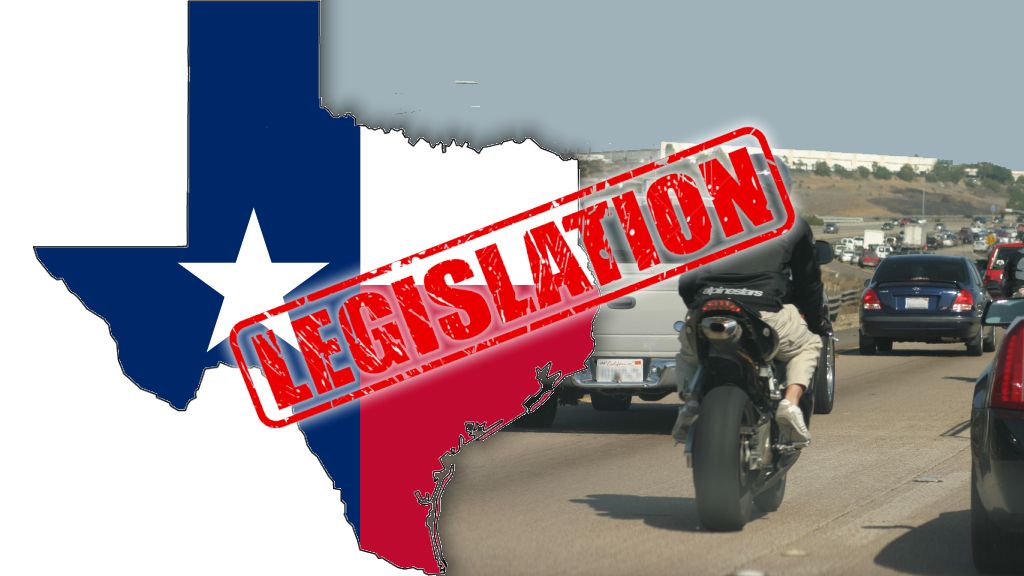Lane splitting has been officially recognized by a handful of states for a while now, and California has even stepped up as the first state to legalize it. While it's safe to say that nobody was surprised when the Golden State passed it into law, the noises coming from the Lone Star State are a bit unexpected. Texas is looking at passing legislature to make lane splitting legal on its roads, adopting a very similar stance to that of California in regards to the language on speeds and other particulars.
Continue reading for more information on the lane-splitting trend.
My Take
In case you think you might detect a certain amount of bias on the part of this writer, you would be correct. My wife and fellow motorcycle writer Allyn Hinton says this is because I have never lived in a major metropolitan area with serious traffic congestion, and so I don't have the experience to understand the benefits of splitting/filtering. Fair enough, but I'll tell you what I do understand.
We live in the age of the distracted driver, no doubt about it, and all it takes is one person more concerned with their phone than the road and the proverbial shit hits the fan. Nevermind the inherent dangers with startling drivers as you buzz or blast past them. To the above we can add the occasional douche-nozzle in a car who will just get mad/jealous/whatever that you're getting ahead of him in traffic and him intentionally cause a wreck. After all, he isn't at nearly the same level of risk when it comes to a cage-versus-bike interaction. Oh, and there's more.
Like Cali, Texas will have language that defines the speeds that shall be allowed, both overall and relative speed -- for example, the splitter can't exceed 15 mph over the speed of traffic. Here's the thing though, it's impossible to accurately gauge the speed differential in real time without slowing down to match speed with the traffic-- defeating the purpose of the filtering in the first place. Not only that, but law enforcement can't reliably clock an individual target amongst other nearby targets, so they can't accurately judge the relative speeds which leaves us with a law that is unenforceable and open to mistakes and abuse from both sides of the law. Just sayin'...

